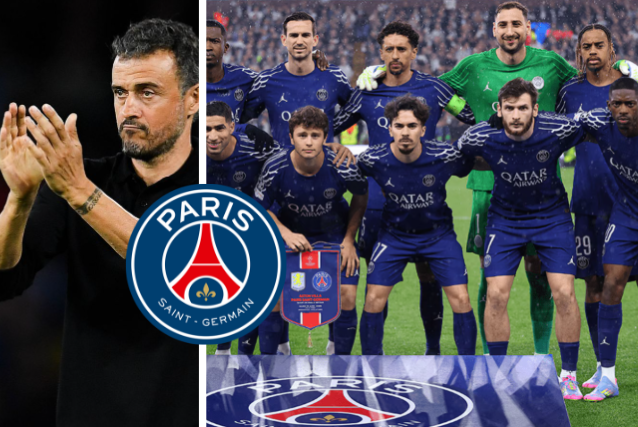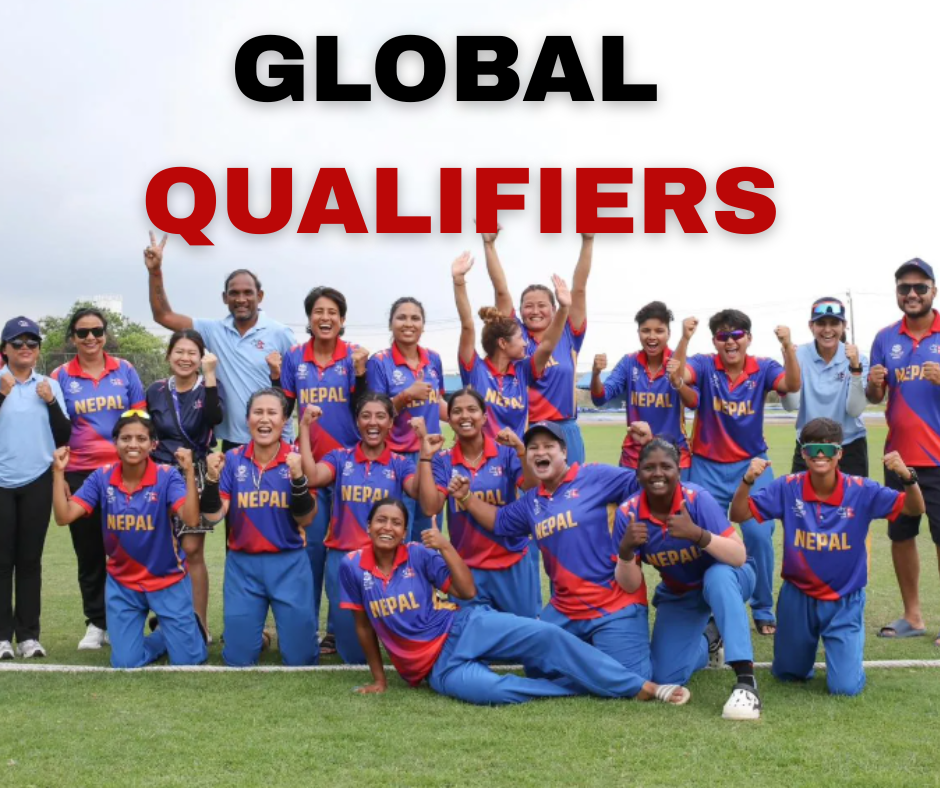The transformation of PSG under Luis Enrique this season has been a phenomenal. What began as a stuttering campaign filled with criticism has evolved into a masterclass in modern football. Under Luis Enrique, Paris Saint-Germain have gone from a disjointed side to arguably the best team in Europe, earning praise for their intense, creative, and skillful style of play. Their journey to the UEFA Champions League final is a testament to their complete turnaround, with even Liverpool’s Virgil van Dijk calling them “the best team I have faced in the last three years.”
The pivotal moment in PSG’s campaign came on a stormy Paris night in January. Down 2-0 at home against Manchester City, the French side seemed destined for another European disappointment. But a goal from Ousmane Dembélé sparked a remarkable comeback, with PSG eventually winning 4-2. That win reignited belief within the squad and proved to be the catalyst for their dominance in the Champions League knockout stages. A 4-1 win over Stuttgart followed, securing their place in the next round.
From that point, PSG surged with confidence and cohesion. Luis Enrique’s squad dismantled Liverpool, Aston Villa, and Arsenal on their path to the final. Their ability to overcome elite Premier League opposition silenced critics who had long mocked Ligue 1 as a “farmers’ league.” Even Liverpool’s manager Arne Slot admitted that PSG were the best team in Europe, calling their clash at Anfield “the best game of football I have ever been involved in.”
Luis Enrique’s Tactical Revolution

What sets PSG apart this season is their physical and tactical evolution. In the Champions League, they’ve averaged nearly 118 kilometers run per match—more than any other team. This relentless work ethic reflects Luis Enrique’s core philosophy: every player must attack and defend as a unit. It’s a sharp departure from PSG’s past, when individual brilliance often overshadowed teamwork.
Enrique reshaped PSG piece by piece—starting with pressing, then counter-pressing, and gradually redefining roles across the pitch. Players like Achraf Hakimi were given more freedom to drift inside and become hybrid midfielders. Nuno Mendes was reinvented as a left-back who could function as both a third center-back and a No. 8. Vitinha was handed the keys to midfield as a deep-lying playmaker. But perhaps the most daring change was moving Dembélé to a central role—a shift that has paid dividends.
The €60 million January signing of Khvicha Kvaratskhelia from Napoli further supercharged PSG’s attack. His dribbling, pace, and directness added a new dimension to an already potent forward line featuring Dembélé, Barcola, and Doué. With this complete unit, PSG have been nearly unplayable, combining individual flair with ruthless cohesion.
From Superstars to a True Team

This season marks a clear departure from PSG’s past approach of assembling superstars like Kylian Mbappé, Lionel Messi, and Neymar. While talented, those iterations of PSG lacked unity and structure. Luis Enrique made it clear when he joined in 2023 that he wouldn’t manage a front three of that profile. Instead, he chose to build a team grounded in movement, discipline, and shared responsibility. He even challenged Mbappé directly, referencing Michael Jordan’s intensity and telling him that true leadership means working just as hard off the ball.
The Rise of Unsung Heroes

While much of the spotlight has gone to marquee signings like Kvaratskhelia and Dembélé, PSG’s rise wouldn’t have been possible without the emergence of their young core. Players like Warren Zaïre-Emery, Bradley Barcola, and Désiré Doué have played crucial roles, bringing relentless energy, fearless creativity, and tactical maturity well beyond their years. Zaïre-Emery, in particular, has become a midfield anchor, drawing comparisons to a young Marco Verratti with his ball control and composure under pressure.
Enrique’s trust in youth has paid off handsomely. Rather than relying on veterans past their peak, PSG have found hunger, humility, and hard work in players eager to prove themselves on Europe’s biggest stage. Their performances have shown that PSG’s new identity isn’t just about tactics—it’s about culture and character too.
Champions League or Not, PSG Have Already Won
Whether they lift the Champions League trophy against Inter Milan or not, PSG have already won in many ways. Their strategic pivot away from big-name signings toward youth and structure has changed how other European giants view them. Clubs no longer see PSG as a place to offload expensive players. Instead, they are recognized as a serious contender with vision and purpose.
With financial resources, a world-class coach in Luis Enrique, and a team brimming with potential, PSG are poised to stay at the top of European football for years to come. Their rise in the 2025 Champions League isn’t just a great story—it’s a blueprint for sustainable success in the modern game.
Also Read: India’s AFC U-23 Asian Cup Begins: Group Stage Opponents Announced

